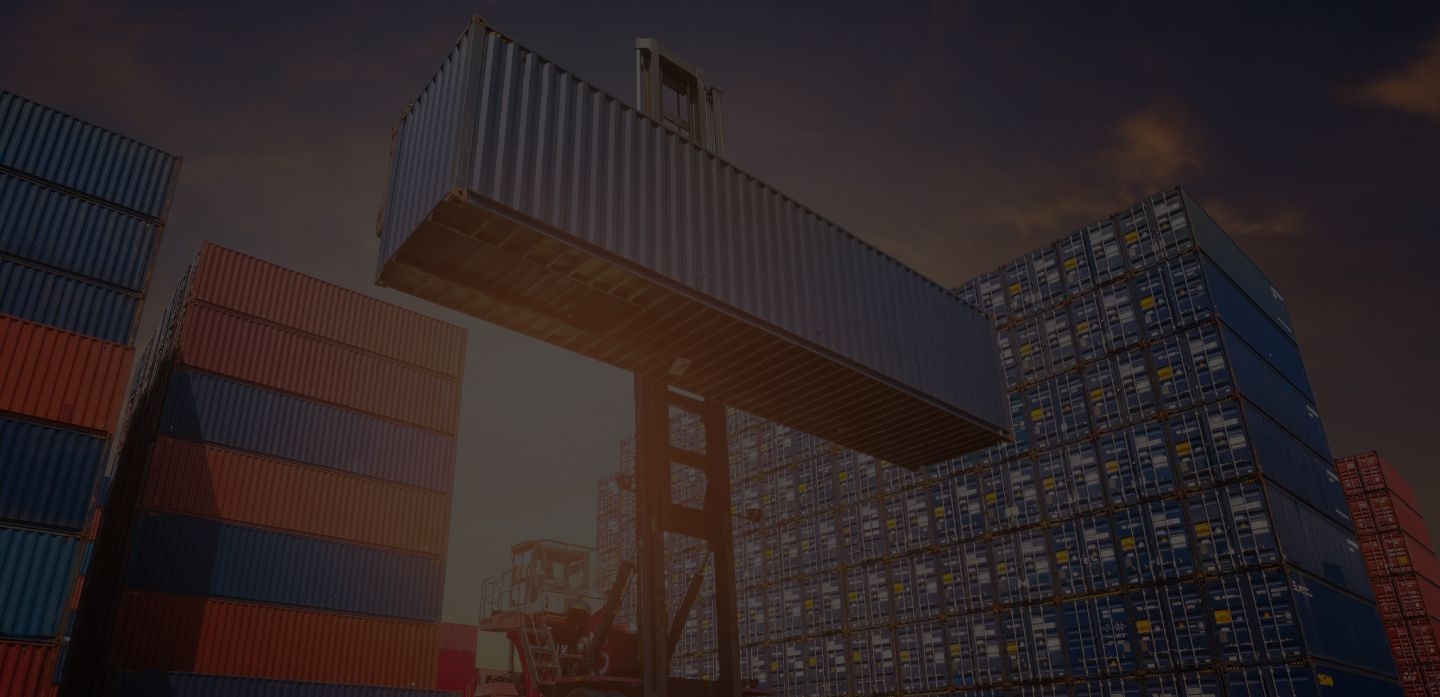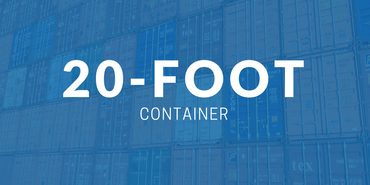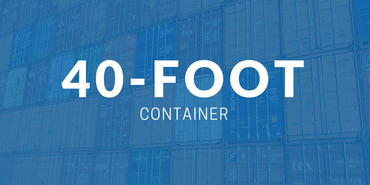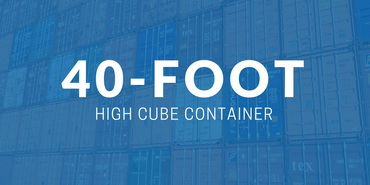
LTL shipping



![]()
What is LTL shipping
LTL shipping refers to less-than-truckload shipping and is used for ground freight shipments whose volumes do not fill up an entire trailer.
With LTL shipping, shippers only pay for the volume their shipment occupies in the trailer, which is shared with other shippers with low-volume shipments.
This is unlike FTL (Full-Truckload) shipping, where the cargo of a single shipper is transported exclusively in one trailer regardless of whether it takes up the entire space in the trailer.
When should you choose LTL shipping
As a general rule of thumb, LTL shipping is better suited for shipments that:
- Weigh under 15,000 pounds*
- Do not take up more than 10 pallets
- Are not highly sensitive to environmental surroundings
- Are not time-sensitive
Note: These are general guidelines and every LTL provider may set their own pallet and weight limitations. If unclear, always check with your LTL provider directly.
If your shipment does not meet the above criteria, you may want to consider shipping FTL instead.
Because of its lower costs, LTL shipping should also be considered for shippers looking to reduce their shipping costs and increase cost-efficiency.
*If shipping a shipment under 150 pounds, consider parcel shipping instead.
LTL transport: Pros and cons
Pros of LTL shipping
Lower costs: When shipping LTL, shippers only pay for space their cargo occupies within the trailer.
More security: LTL shipments are required to be packaged onto pallets before they are loaded onto the truck. This ensures a more secure journey as palletized shipments are often more compact and protected.
Lower carbon footprint: LTL shipments share a trailer truck with other shipments, lowering the overall carbon costs.
Additional service: Most LTL shipping providers also offer additional services such as pickup and delivery to facilitate the LTL shipping process.
Availability of lift gates: Liftgates, a platform attached to the back of trailer trucks that are used to raise and lower shipments for easy loading and unloading, used usually more readily available for LTL shipments than FTL shipments.
Cons of LTL shipping
Contamination and damage risk: Because LTL shipments are shipped in the same trailer alongside cargo from other shippers, the risk of contamination and damage from other cargo is higher than FTL shipping.
Theft risk: LTL shipments pass through multiple hubs and are unloaded and loaded several times. This increases the risk of theft — especially for shipments that are easy to steal and re-sell.
Longer shipping time: In comparison with FTL, LTL shipments often take longer to reach their final destination. This is because of the different stops the trucker must make along the way to unload/load other shipments traveling in the same trailer.
Amount of details: There are many factors that go into determining an LTL shipping rate. Much attention must be paid to the little details to ensure your shipment is properly packaged, documented, and shipped.
LTL shipping cost factors
When considering LTL shipping, keep in mind the following factors, which have a direct impact on your overall LTL shipping cost.
Volume and weight: Since you are only required to pay for the space your LTL shipment occupies in a trailer, your LTL shipping cost is directly dependent on your volume and weight. The higher the volume and weight, the higher your LTL shipping cost.
Distance: In freight shipping, the further the distance, the higher the cost of sending a shipment, regardless of whether it’s via air, sea, or land.
Shipment type: LTL shipping costs are higher for shipments that require special equipment to handle. Hazardous, fragile, and perishable goods will also likely incur higher costs.
Freight class: Commodities are classified according to their product type. The different classes determine the different shipment tariffs that are charged to the shipper.
LCL vs LTL
From having to palletize shipments and the sharing of a single space with other shipments to the longer shipping times, LTL shipping works very much in the same way as Less-than-Container-Load (LCL) shipping.
The biggest difference between the two is that LCL shipping refers to container ocean freight shipments, while LTL shipments are used for ground freight transportation.
It is also important to note that while LCL and LTL practices are often similar, trailer sizes for LTL shipments and container sizes for LCL shipments do not correspond. The most common shipping containers for LCL shipments are the 20-foot and 40-foot container. Whereas the most common trailer measures 48 ft.
Related Articles


